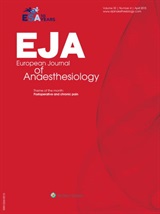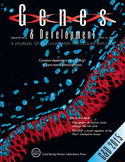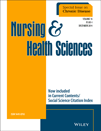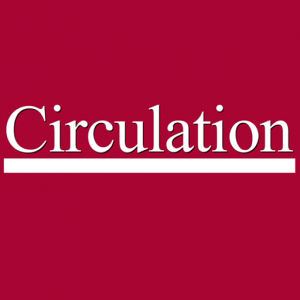 BioMed Central is retracting 43 papers, following their investigation into 50 papers that raised suspicions of fake peer review, possibly involving third-party companies selling the service.
BioMed Central is retracting 43 papers, following their investigation into 50 papers that raised suspicions of fake peer review, possibly involving third-party companies selling the service.
In November 2014 we wrote about fake peer reviews for Nature; at that point there had been about 110 retractions across several journals. The addition of 16 retractions by Elsevier for the same reason, and today’s 43 from BMC, brings retractions resulting from the phenomenon up to about 170.
BMC has also contacted institutions regarding 60 additional papers that were rejected for publication, but seem to be part of the same kind of scam. Regarding the third-party agents, BMC senior editor of scientific integrity Elizabeth Moylan writes: Continue reading BioMed Central retracting 43 papers for fake peer review






